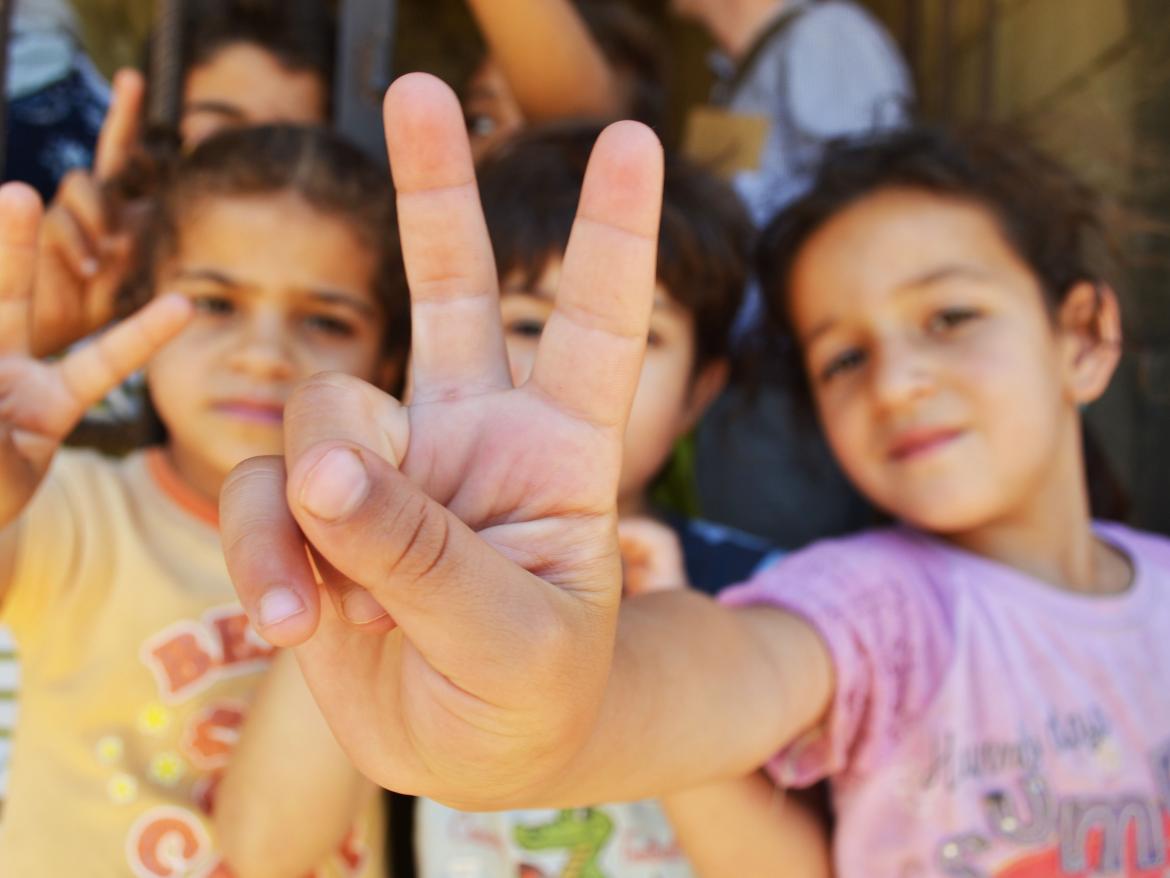Friends are called to help build a foundation for world peace. This great undertaking depends on a global framework of law, justice, human rights, and nonviolent social change.
Since the U.S.-backed overthrow of Iranian Prime Minister Mossadegh in 1952, our nation’s reliance on regime change and militarized approaches to Middle East policy has contributed to growing political instability throughout the region.
The “War on Terror” policies and the 2003 invasion of Iraq have inflicted large-scale violence and unleashed sectarian tensions. Excessive military responses to the region have prompted pushback to the U.S. presence in the region, threatening the safety of our troops.
Quakers have worked for more than a century to support peace in the Middle East.
Quakers have worked for more than a century to support peace in the Middle East. FCNL’s advocacy for more peaceful U.S. policies toward Israel-Palestine, for diplomatic solutions to conflicts in Syria, Iraq and Yemen, and for humanitarian support for the region’s people continues that tradition. But more work needs to be done.
The United States withdrawal in 2018 from the Iran Nuclear Deal and the subsequent “maximum pressure” campaign have increased tensions all throughout the Middle East. Additionally, the use of sanctions has emboldened and assisted the rise of anti-American hardliners while making life increasingly difficult for ordinary civilians. The January 2020 assassination of Qassem Soleimani only deteriorated the situation further.
Congress must push for restraint and work to reassert their Article I war powers. Aggressive U.S. policies have caused widespread civilian suffering, and put the prospect of peace further out of reach. We must practice greater military restraint, increase humanitarian efforts, and implement compassionate policies that help, rather than hurt, prospects for peace and security.
Join our email list!
Stay informed and stay active

